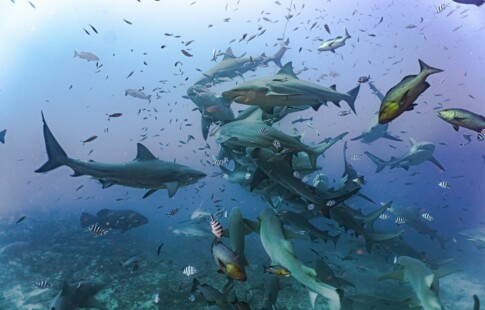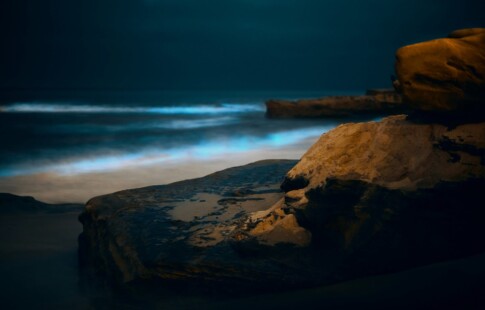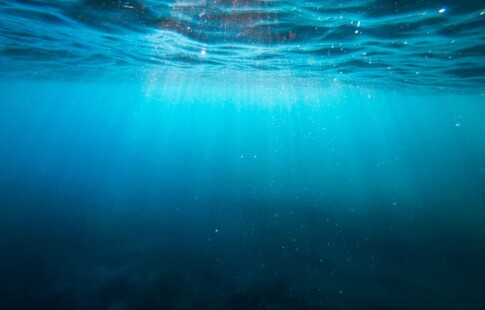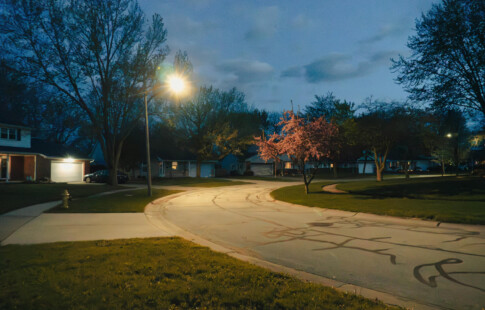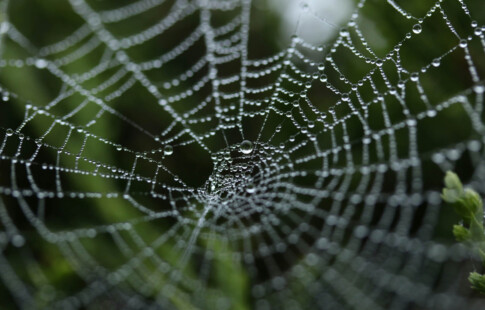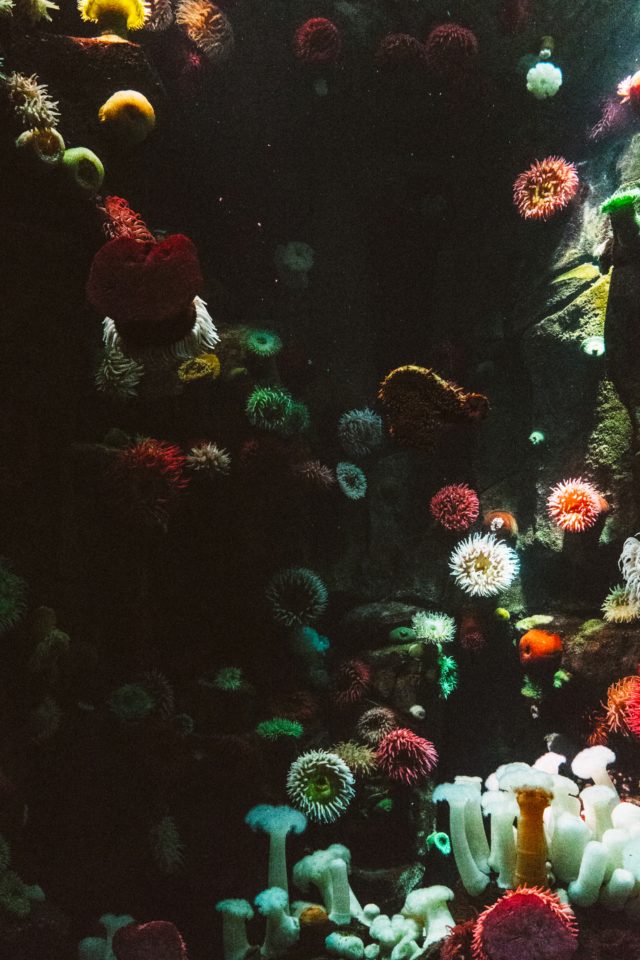
Can We Save the Great Barrier Reef?
We are reader-supported. When you buy through links on our site, we may earn affiliate commission.
Coral reefs are hot dive spots all around the world, and the Great Barrier Reef is among the best of the best. It’s the largest reef system in the world, consisting of about 3,000 separate reefs all clustered together. Coral reefs are kind of like the rainforests of the ocean. They house the most marine life while taking up the smallest amount of space on the sea floor. This makes them incredibly important for the entire marine ecosystem.
They can be hazards for surfers and ships, but they are life support systems for the rest of the ocean. This is why the coral bleaching events are so worrisome, and what brings us to the question of whether or not we can save the Great Barrier Reef.
The Symbiosis
Coral bleaching occurs as a result of stressors. This might not be a surprise, but coral doesn’t adapt to change very quickly. When it gets stressed, like it does when oceanic temperatures rise, it spits out something called zooxanthellae. These are tiny, plant like organisms that give the corals their color and perform photosynthesis, providing the coral with nutrients.
When those zooxanthellae get expelled from the coral, it can no longer get those nutrients. If the stressor isn’t removed from the environment quickly enough, the coral will eventually either starve to death or die of infection. Bleached coral isn’t dead. It’s just close to it.
Global Bleaching Events
The greatest coral bleaching event ever recorded started in 2015 and is still going. Technically, it’s been several bleaching events, but they have impacted some of the same reefs for multiple years, which isn’t exactly allowing the coral to recover.
The Great Barrier Reef is one of those coral colonies that’s been hit for the past few years, and it’s dying as a result. A whopping 29 percent of the Great Barrier Reef died as a consequence of the 2016 bleaching event. The reef might not be dead yet, but we sure are making strides at killing it. The problem with this is two-fold. Of course, we’re killing off the coral, but we’re killing it much faster than it can regrow. At the same time, we haven’t stopped warming the atmosphere and, therefore, the water.
There’s No Stopping It
You might have realized by now that scientists aren’t debating if climate change is real or not. Rather, it’s a case of how bad it might be. The reason for this is simple. Carbon dioxide (CO2) is being expelled in mass amounts, about 2.4 million pounds per second.
Even if we were to stop all greenhouse gas emissions this exact second, it wouldn’t be enough because CO2 sticks around — and around, and around. It takes anywhere from 20 to 200 years for it to dissolve back into the ocean and stop warming our planet. There’s simply not enough time. So, if the waters continue to warm, as they are expected to do, and we can’t stop our production of greenhouse gases — let alone start removing them from the air — it makes sense that we’ll continue to lose the coral reefs.
Now, this isn’t to say that we’ll lose all the coral reefs everywhere. There is some chance that corals will adapt to the rise in temperature if it stays below 1.5 degrees Celsius. However, the would greatly diminish the diversity of the coral reef, and any remaining semblance of the Great Barrier Reef would be a ghost of its former glory.
Can We Save the Great Barrier Reef?
The Great Barrier Reef will not survive climate change. The obituaries that were written for it as a publicity stunt to draw attention will turn out to be more accurate than the authors imagined. The truth is, the Great Barrier Reef has created its own ecosystem. When it dies, the surrounding ecosystem will inevitably die. It took 25 million years to build it, and we will have destroyed it in a century.
The fact that we can’t save the Great Barrier Reef shouldn’t be enough to prevent us from trying. We can still help some coral survive, but we can’t do it by pretending climate change isn’t real. Each person needs to take responsibility for their actions and the actions of others. We might not be able to preserve our planet the way it is now, but we can certainly help it recuperate for the future.
Share on
Like what you read? Join other Environment.co readers!
Get the latest updates on our planet by subscribing to the Environment.co newsletter!
About the author

Jane Marsh
Starting from an early age, Jane Marsh loved all animals and became a budding environmentalist. Now, Jane works as the Editor-in-Chief of Environment.co where she covers topics related to climate policy, renewable energy, the food industry, and more.
